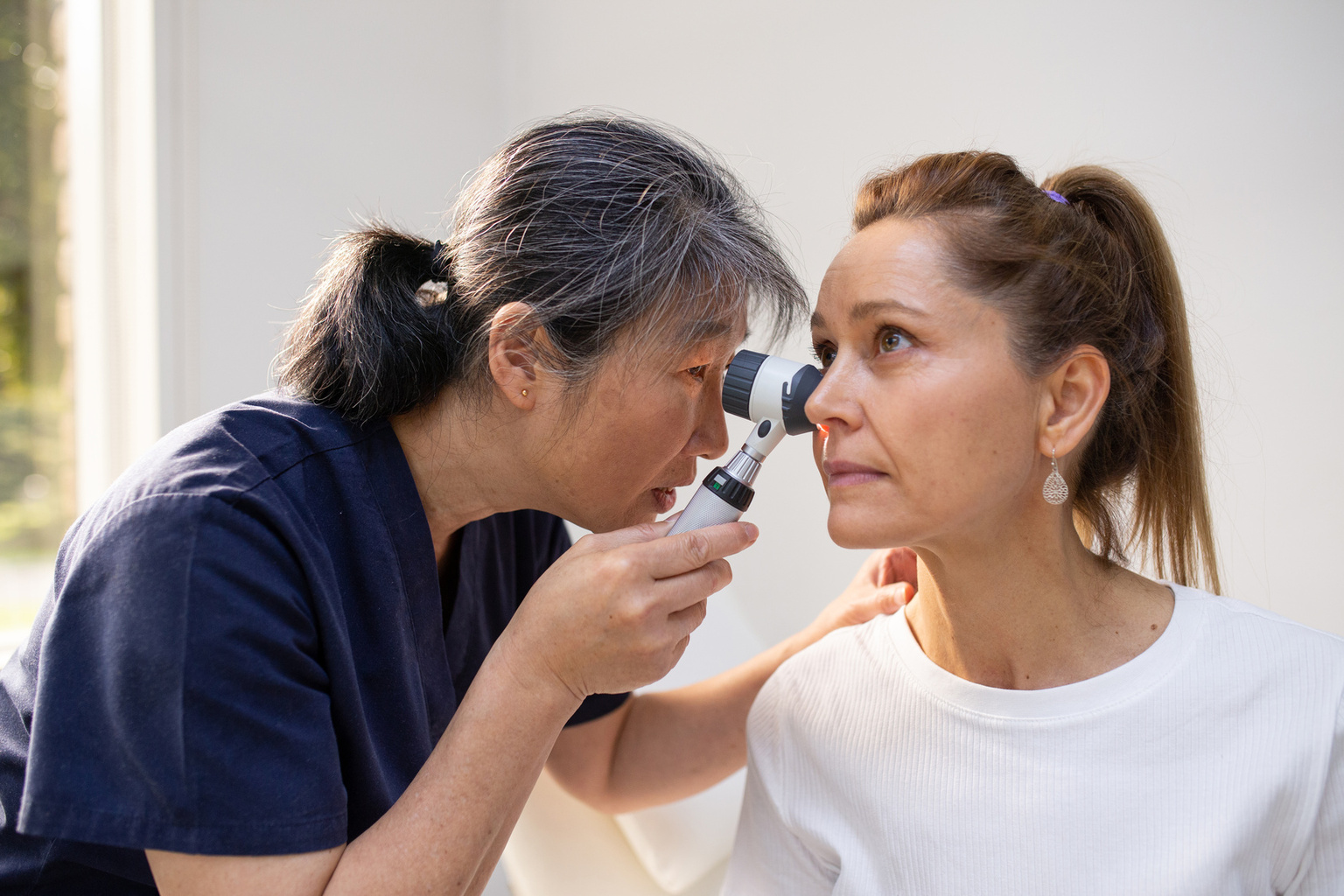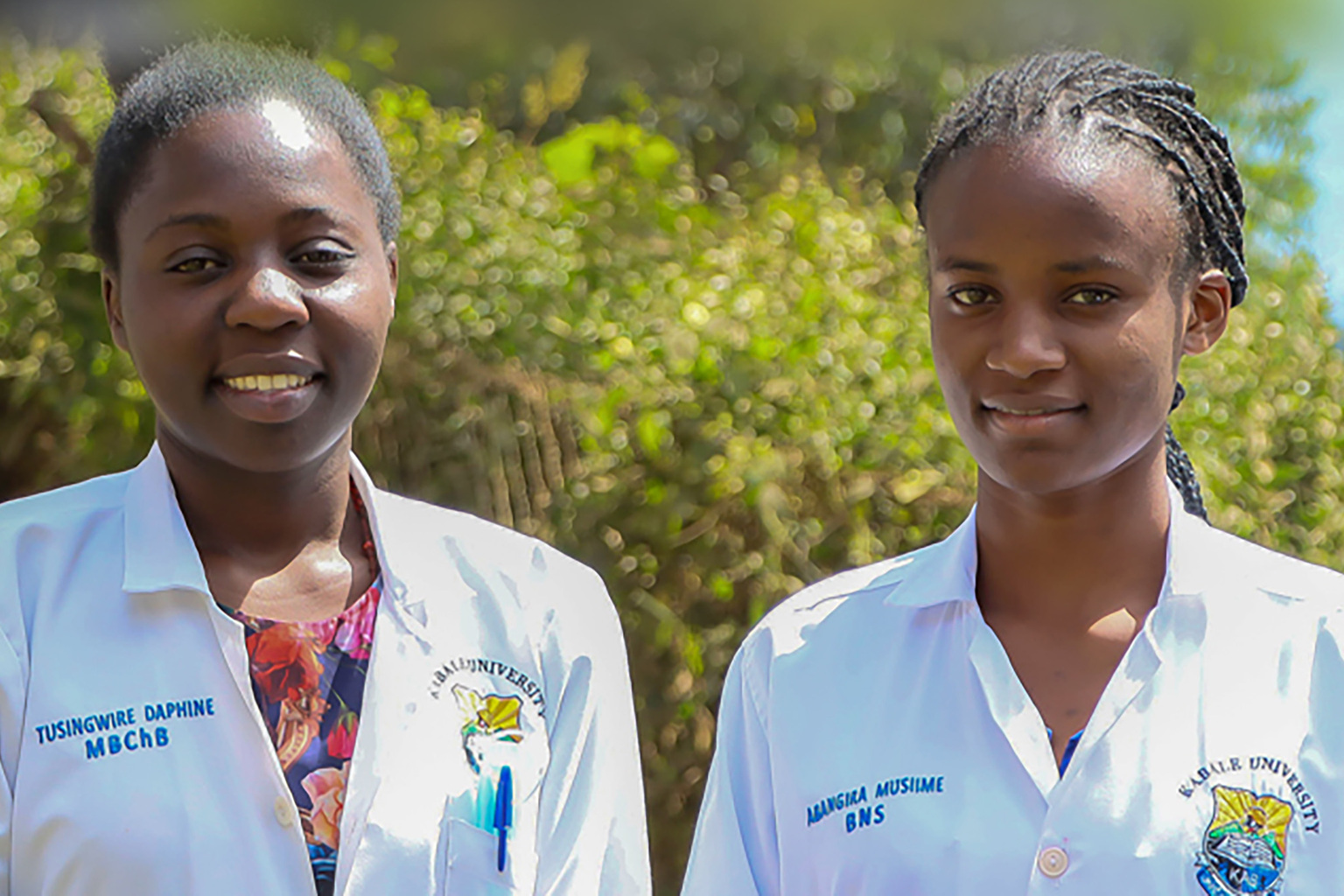At Axis Medical Center in Minneapolis, Minnesota, the majority of the providers come from the same communities as the patient population, explains epidemiologist and chief financial officer Jonathan James, Ph.D.
“We have international medical graduates that have come from other lands and speak the language and help us to connect with the patients that we serve, largely people who are also immigrants or who are isolated by virtue of their religious [identity] or ethnicity,” he says.
To help the diverse clinical team at Axis provide the best care everywhere to their patients, more than 50% of whom live below the poverty line and more than 80% of whom are best served by a language other than English, James’s clinic applied for and received a complimentary subscription to UpToDate® evidence-based clinical decision support. The UpToDate donations program supports medical providers and students around the world who serve vulnerable populations. “We’re not tied into a big hospital. So, we look for ways where we can ground our treatment protocols, our actions, our medications, our prescriptions, even our references,” Dr. James explains. “UpToDate is one of those.”
Ramifications of social determinants of health
For Dr. James and his colleagues, an important factor to consider when evaluating patient risk is social determinants of health, defined by the U.S. Department of Health and Human Services as the conditions in the environments where people are born, live, and spend their time that affect a wide range of health, functioning, and quality-of-life outcomes and risks.
In an effort to fill those gaps, the clinic attempts to meet patients where they are with programs like a mammogram truck that was able to quickly process 43 patients through routine preventive mammograms in one day.
Other social factors can compound health concerns and need to be understood and considered by the care team, Dr. James notes. Patients who have migrated from regions that have experienced famine, civil war, or other crisis-level events frequently suffer from post-traumatic stress disorder or struggle with anxiety due to family members unable to leave those difficult situations, he adds.
Focusing on learning and health equity every day
Dr. James says Axis has tried to thoroughly integrate its donated UpToDate subscription “as an instrument of learning and teaching.” While UpToDate helps bolster individual clinicians’ confidence in their decisions and connect them to knowledge resources and continuing education, Dr. James also appreciates that it unites his team and spurs discussions.
“I think we all continue to learn from each other every day,” Dr. James says. “We learn from the patients about what’s happening and what the struggles are in the community. And I never let anybody that works for us say, ‘We’re going to treat a patient.’ I always say, ‘We’re going to serve a patient.’ Because it’s a completely different thing. And if we are in service to others, it taps into our most basic human needs as human beings to be of value and service to others. We don’t ‘treat and street’ people. We serve people. And we help people.”
Read more of Dr. James and Axis Medical Center's story.





